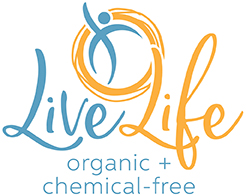Source name: Agency for Toxic Substance & Disease Registry
Reference type: Toxic Substance Portal
Date of study or article: Accessed January 28, 2019. Last updated March 3, 2011.
Summary:
Benzene affects the immune and nervous systems (two of our organ systems), plus affects the Hematological system (responsible for blood cells, bone marrow, spleen, lymph nodes).
It is known to be cancer causing in humans – a statement that the National Toxicology Program (NTP), Environmental Protection Agency (EPA) and International Agency for Research on Cancer (IARC) agree on.
Benzene is classified as a volatile organic compound (VOC).
It’s a colorless chemical with a sweet odor that is highly flammable. It’s formed from natural processes and human activities. Plus, it’s a natural part of crude oil, gasoline and cigarette smoke.
“It ranks in the top 20 chemicals for production volume,” and is widely used in the United States.
Uses include:
- making other chemicals
- plastics
- resins
- nylon
- synthetic fibers
- rubbers
- lubricants
- dyes
- detergents
- drugs
- pesticides
Notable quotes:
“Benzene is widely used in the United States; it ranks in the top 20 chemicals for production volume.”
Link to reference material:
